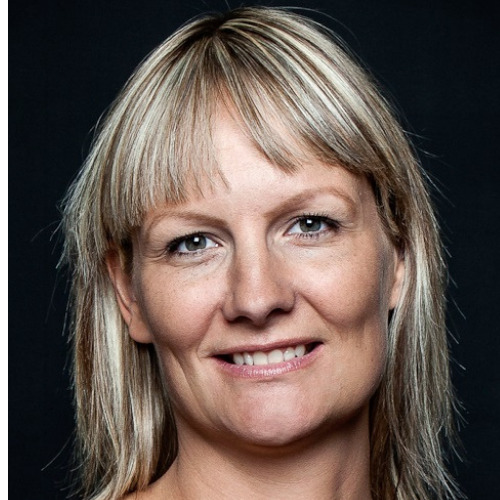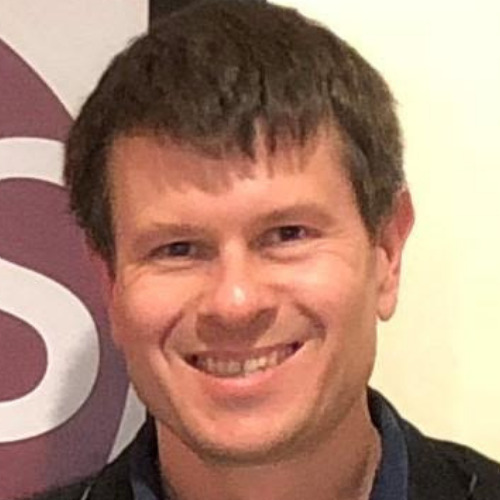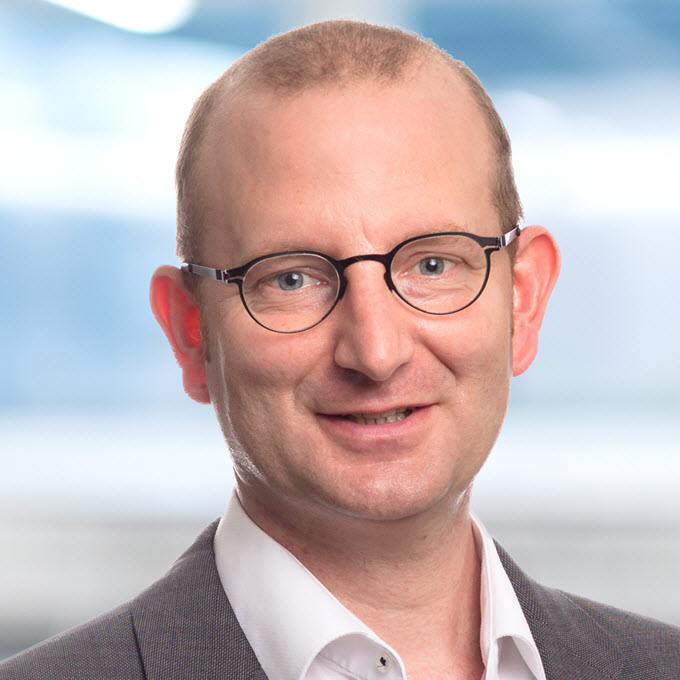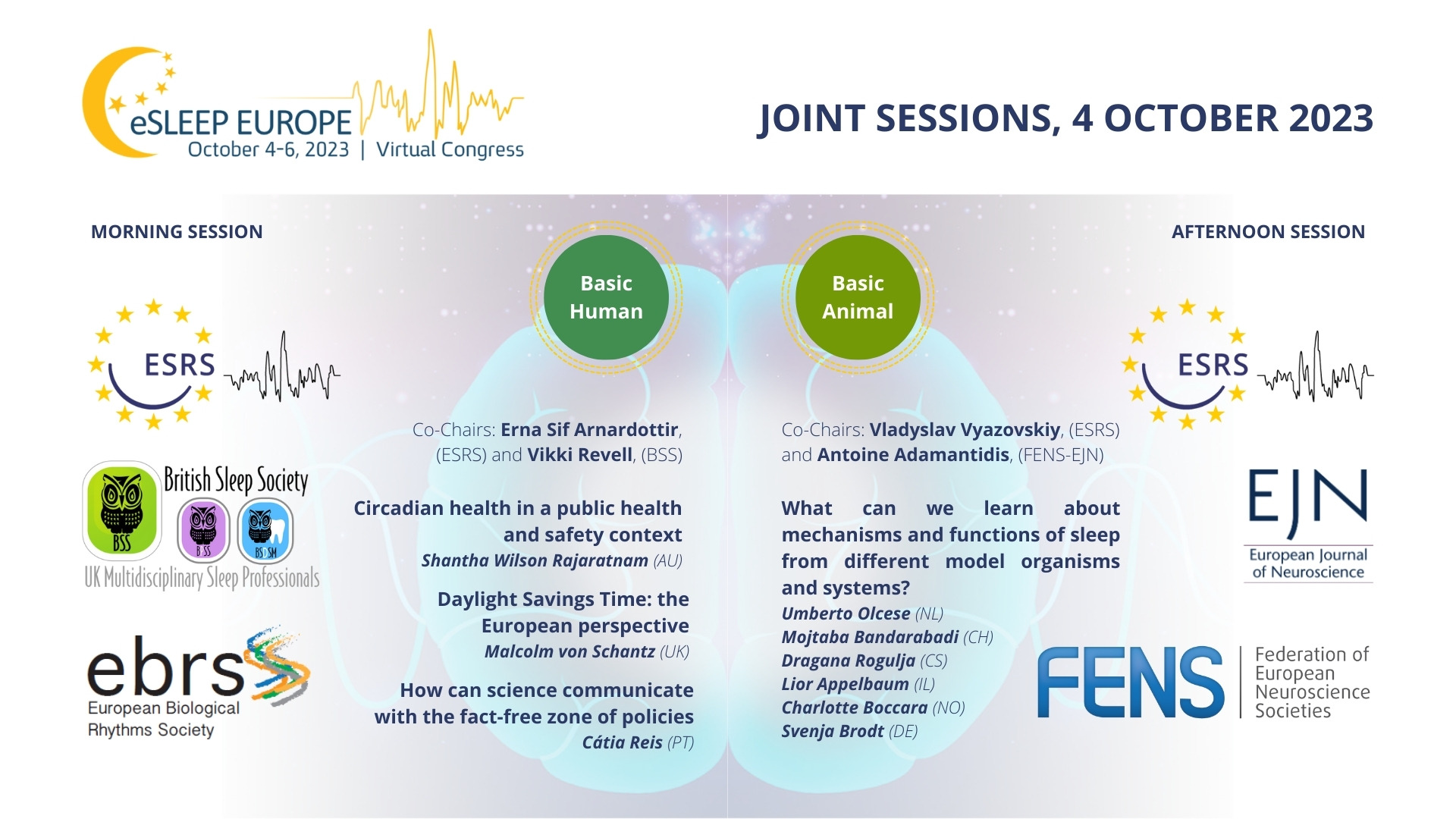eSleep Europe 2023 ESRS Joint Sessions with FENS (Basic Animal), BSS and EBRS (Basic Human)
For this Sleep Science Friday publication, we invited the chairs of the joint sessions that will be presented on the first day of the eSleep Europe 2023 Virtual Congress, to introduce their sessions. The congress will last 3 days, from 4 to 6 October and will be fully online. Take a peek below to discover more of what will be presented on the 4th of October for the ESRS joint sessions with FENS (under the Basic Animal track) and with the BSS and EBRS (under the Basic Human track).
ESRS Joint Session with BSS and EBRS
4th October morning session (10:30-11:30 CEST)
Joint Session Chairs

Dr. Erna Sif Arnardottir
Iceland (ESRS)
Associate Professor at the Department of Engineering and Department of Computer Science, Reykjavik University, Iceland, Director at the Reykjavik University Sleep Institute, and Advisor at Landspitali – The National University Hospital of Iceland. Principal Investigator at the SLEEP REVOLUTION project, member of the ESRS Board as Secretary and advisory member of the ESRS Sleep Medicine Committee.

Dr. Vikki Revell
United Kingdom (BSS)
Professor in Translational Sleep and Circadian Physiology, Faculty of Health and Medical Sciences and School of Biosciences, University of Surrey, Guildford, UK. Researcher at Surrey Sleep Research Centre, University of Surrey, Guildford, UK.
Inter-relationship between sleep, circadian rhythms and our health
This joint ESRS, British Sleep Society (BBS) and European Biological Rhythms Society (EBRS) session will focus on the important inter-relationship between sleep, circadian rhythms and our health.
In the session we will consider sleep and circadian rhythms in a public health and safety context, as well as trying to understand how scientific evidence can be translated to government policies. We will also discuss Daylight Savings Time and consider the positive and negative impacts on our health, our economy and society. Our speakers will be Shantha Wilson Rajaratnam from Monash University in Melbourne Australia, Malcolm von Schantz from Northumbria University in the UK, and Cátia Reis from the University of Lisbon in Portugal. Following the presentations, there will be an opportunity for an open discussion with the speakers and all session participants.
Co-Chairs: Erna Sif Arnardottir, Iceland (ESRS) and Vikki Revell, UK (BSS)
Session Line-up
Circadian health in a public health and safety context
Shantha Wilson Rajaratnam, Australia (Monash University, Melbourne, Australia)
Daylight Savings Time: the European perspective
Malcolm von Schantz, UK (Northumbria University, Newcastle upon Tyne, UK)
How can science communicate with the fact-free zone of policies
Cátia Reis, Portugal (University of Lisbon, Lisbon, Portugal)
"In this session, we're going to consider sleep and circadian rhythms in a public health and safety context, as well as trying to understand how the scientific evidence can be translated into government policies. We're also going to discuss daylight savings time and consider the positive and negative impacts on our health, our economy, and society. There'll be an opportunity for an open discussion with the speakers and all session participants."
Vikki Revell
Free for ESRS, FENS, BSS and all supporting societies' members
Secure your space at the eSleep Europe Virtual Congress 2023.
ESRS Joint Session with FENS
4th October afternoon session (15:30-16:30 CEST)
Joint Session Chairs

Dr. Vladyslav Vyazovskiy
United Kingdom (ESRS)
Professor of Sleep Physiology at the Department of Physiology, Anatomy and Genetics, University of Oxford, United Kingdom, Researcher at the Jules Thorn Sleep and Circadian Neuroscience Institute and member of the ESRS Board as Vice President (Basic).

Dr. Antoine Adamantidis
Switzerland (EJN-FENS)
Associate Professor in System Neurophysiology in the Department of Neurology, University of Bern, Bern, Switzerland, Director of the Zentrum Fur Experimentelle Neurologie (ZEN) at the Inselspital, Bern, Switzerland.
Mechanisms and functions of sleep from different model organisms and systems
This joint ESRS and Federation of European Neuroscience Societies (FENS) session will focus on answering the question What can we learn about mechanisms and functions of sleep from different model organisms and systems?
Sleep is a fundamental biological phenomenon, studied at different levels of organisation – from molecular and cellular processes to behaviour and ecology. Traditional models to study sleep continue providing important insights, and new methods and experimental approaches emerge to tackle new questions. In this session we bring together experts working on mathematical modelling and AI, in vitro models, flies, fish, rodents and humans, to discuss opportunities, and challenges, of the most widely used models and systems in sleep research.
Co-Chairs: Vladyslav Vyazovskiy, United Kingdom (ESRS) and Antoine Adamantidis, Switzerland (FENS-EJN)
Session Line-up
What can we learn about mechanisms and functions of sleep from different model organisms and systems?
Umberto Olcese, The Netherlands (mathematical modelling, AI)
Mojtaba Bandarabadi, Switzerland (sleep in a dish)
Dragana Rogulja, Serbia (Drosophila melanogaster)
Lior Appelbaum, Israel (zebrafish)
Charlotte Boccara, Norway (rodents)
Svenja Brodt, Germany (humans)
"It is not easy to study sleep in general. Sleep is a fundamental biological phenomenon described at so many levels of organisation, it is about pretty much everything. From behaviour and ecology to brain network dynamics and intracelular signalling."
Vladyslav Vyazovskiy
"It's necessary to study a large variety of models to really understand the basic mechanism of sleep and brain function of sleep... We are very excited to organise this session and hoping it will attract an audience from the ESRS, FENS and wider neuroscience community."
Antoine Adamantidis
Recent publications from ESRS members
- Ell et al. (2023). Sleep health dimensions and shift work as longitudinal predictors of cognitive performance in the UK Biobank cohort. Sleep.
- Solelhac et al. (2023). Pulse Wave Amplitude Drops Index: A Biomarker of Cardiovascular Risk in Obstructive Sleep Apnea. Am J Respir Crit Care Med.
- Boland, Goldschmied and Gehrman (2023). Does insomnia treatment prevent depression? Sleep.
- Stefani and Cesari (2023). Digital health technologies and digital biomarkers in REM sleep behavior disorder: need for order out of chaos. Sleep.
- Marchi et al. (2023). Obstructive sleep apnea and cognitive functioning in the older general population: The moderating effect of age, sex, ApoE4, and obesity. J Sleep Res.
- Nikkonen et al. (2023). Multicentre sleep-stage scoring agreement in the Sleep Revolution project. J Sleep Res.
- Martinot et al. (2023). Respiratory effort during sleep and the rate of prevalent type 2 diabetes in obstructive sleep apnoea. Diabetes Obes Metab.
- Putilov et al. (2023). Evening chronotype, insufficient weekday sleep, and weekday-weekend gap in sleep times: What is really to blame for a reduction in self-perceived health among university students? Chronobiol Int.
- Weihs et al. (2023). Lack of structural brain alterations associated with insomnia: findings from the ENIGMA-Sleep Working Group. J Sleep Res.
- Salfi et al. (2023). Poor sleep quality, insomnia, and short sleep duration before infection predict long-term symptoms after COVID-19. Brain Behav Immun.



